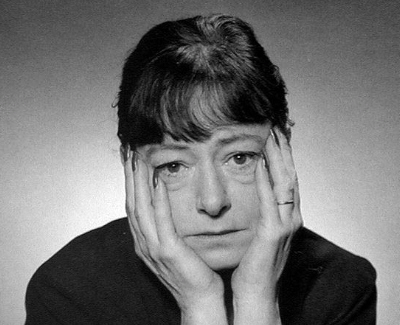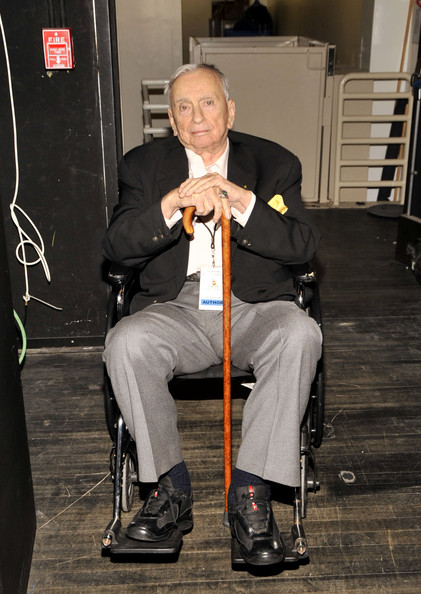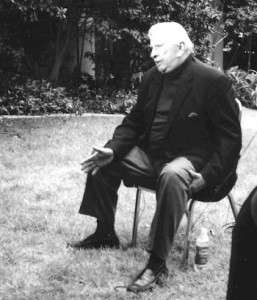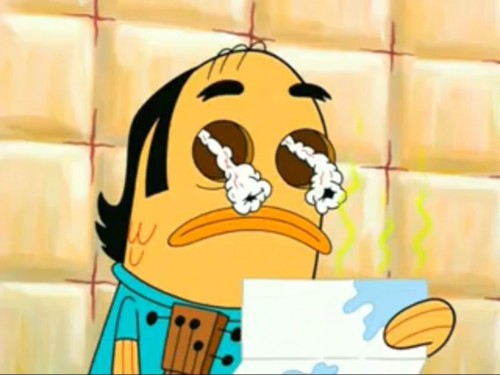Ambidextrous Authors and Non-Ambidextrous Authors
AMBIDEXTROUS AUTHORS



—
Dorothy Parker, Toni Morrison, and Raymond Carver belong to a group of ambidextrous authors who have the facility to place both hands at the sides of their respective cheeks simultaneously. During photo shoots, they are keen on demonstrating this ability. Their adroit use of two hands at the keyboard have led to prolific and sprawling careers. Their contracts stipulate that they are “paid by the palm,” which means more gin n’ tonic for all (some pills too). Some have suggested that they misinterpret the phrase “turn the other cheek,” and are struggling to turn both at once. Jesus has nothing to do with this business; Zion is crowded as it is. The ambidextrous are witty, black, and depressed — but never at the same time.
Diameter of a Circle Jerk
 The recent “Bubble Boy” hoax may be read as an example of how people are, or wish to be, famous for being famous. Think of “New York” (person) from Flavor of Love who got her own show for being an awesome ho, or Octomom, or those bitches from The Hills or The Kardashians. People work on being famous instead of just working. These examples are “lowbrow,” but we are not exempt.
The recent “Bubble Boy” hoax may be read as an example of how people are, or wish to be, famous for being famous. Think of “New York” (person) from Flavor of Love who got her own show for being an awesome ho, or Octomom, or those bitches from The Hills or The Kardashians. People work on being famous instead of just working. These examples are “lowbrow,” but we are not exempt.
I have a hard time commenting on someone’s blog, or even this website, telling so and so I really liked their post or their story or whatever. If my feelings are very strong, I email them. If I can’t find their email, I say to myself: “This person will do fine in life without getting an email from me,” or “it should not matter to this person if I like their story — they should be writing on behalf of the story, not its reception.” And it all fits perfect in my head: 1) writers write, 2) readers read, and 3) everybody lives a nice modest life, 4) in relative obscurity, and 5) maybe one day, if applicable, a writer may be recognized, however mildly, for their contribution to literature.
Gore Vidal Endowed Chair
 Is Gore Vidal just old or did something bad happen to him? (I’m not so glib to write this post usually, but it’s mean week.) He’s been sitting down, by my estimations, since c. 2002 and I wonder what his problem is. Maybe he always wanted an Endowed Chair.
Is Gore Vidal just old or did something bad happen to him? (I’m not so glib to write this post usually, but it’s mean week.) He’s been sitting down, by my estimations, since c. 2002 and I wonder what his problem is. Maybe he always wanted an Endowed Chair.
Here he is in his reading chair with what appears to be either flat champagne or apple juice. He’s gonna have to get up to pee soon, and I’m worried about his efficiency. Below on the left is an image from the 14th Los Angeles Times Festival and the wheelchair clarifies that the sitting down might be an imperative. Notice the Prada shoes — good to know the royalties are in good shape. The picture on the right is him as close to camping as he’ll ever get. The cerebral man has no need for a suntan. He’s probably petitioning for the invention of color photography.


—
Conversation with Crispin Best re: Tao Lin
I solicited Crispin Best for a >500 line chat re: Tao Lin for his grassroots promotional campaign. Tao, please contact Crispin for his mailing address and send him SFAA. Please give HTMLGIANT, a supporter of your literature, a 100-line discount to ship over seas (UK) to Crispin. Thanks. (Caveat: if you are easily irritated by Tao or me, or by this campaign, please do not click on more.)
Hipster Autophobia

Hipster Tilley by Johnny Zito
I’m tired of hipsters saying they hate hipsters. Every time I read some rant on how hipsters suck I realize I’m reading it in a journal or website written by and for hipsters. Self-hating narcissistic hipsters somehow think they are immune to the vague and broad fallacies of hipsterdom. What deepens this ingrown pathology and paranoia is that self-denying hipsters often subconsciously enjoy being called hipsters, because in some weird way it’s a compliment. This is not a defense of hipsterdom, but an afriendly suggestion that maybe we’re all in the same goddamn pond.
Hipsterdom’s got something do to with an impenetrable irony which results in shallowness, affectedness, smugness, etc. — but aren’t those just judgment calls, like things people have been calling other people forever? Jane Austen and Evelyn Waugh’s been calling out people like that for ages. Hipsterdom may be a new word, but pettiness is timeless.
ABOUT HTMLGIANT (Revisited)
Not exactly Literary Doppelgangers — more like “What I’m really thinking.”

Dane Cook

Mark Walberg

Haley Joel Osment

Sophia Coppola

Robert Dinero

Toni Morrison

George Clooney

Eddie Vedder

Sophia Coppola

Paul Reubens

Prince William

Melissa Etheridge

Shamwow guy

Jeffrey Dahmer

Bob Saget

Paul Giamatti
Top 5 MFA rankings rearranged
People are moaning about Poets & Writers’ “2010 MFA Rankings: The Top Fifty,” a list of the best MFA programs in creative writing based on likely variables such as funding, selectivity, and postgraduate placement. Though we are in the business of words, let us rank the Top 5 programs solely based off their website’s front page banner pictures, since they are to represent academic ethos, or something.
—

1. University of Iowa in Iowa City University of Virginia, Charlottesville
Any MFA program that would show a student on their hands and knees writing ‘retard style’ on the cement deserves to be re-ranked to No. 1. If they can’t afford desks, a press release on the subject would not be uncalled for. Notice the open notebook, as this student is probably transcribing some contemporary haiku: Raithins yah I like / Peanuths and cashthews too / my shopping lisp. The autumnal detritus of fallen leaves is a nice touch. Gravity, while inevitable, gives the uncreative something to write about.
Very Bad Poetry

stinky
Very Bad Poetry, as the name of the journal would suggest, publishes very bad poetry — but if the intent is to write a bad poem, and that intent is met, does it not become a good poem? Or maybe the poems are indeed bad, yet rendered aesthetically effective by the journal’s conceit? Maybe the journal is simply bad as are the poems. Or maybe the journal is great and so are the poems. It is impossible for the journal to be good and the poems to be bad, and it is impossible for the journal to be bad and the poems to be good. For those who question my authority on the subject of impossibility, may I remind you that I cannot fly.
October 23rd, 2009 / 10:05 pm
Magic Mouse: In search of the G-spot

I’m probably not the right person to be talking about the G-spot; the only G that I ever found was during Scrabble, and I lost that game to a girl. I suppose men, in general, fare less well in many regards, especially concerning the subconscious manual inadequacies brought upon by Apple’s latest technology. Apple’s genius is making unnecessary things seem imperative. I often feel deprived for not having the internet in my pocket.
As the diagram shows, a man rubs away — perplexed by a complicated system — until he gets a response. This, of course, is a metaphor: our notion of self-worth as mediated by sexual prowess (in adolescence) and consumerist savvy (in adulthood). Someone is always telling us that if we could just do this one thing — fuck, posses (respectively) — then we’d be happy. I’m not against Apple, I just think they propagate an unexamined idea of “efficiency.”
Just look at the line waiting to get in the MAC store before the glass doors open. It’s like church, only more expensive. The men enter looking excited yet pensive, hoping that they’ll know what button does what.
1,000 Hours of Staring

Tom Friedman, "1,000 Hours of Staring," Stare on paper (1992-97)
